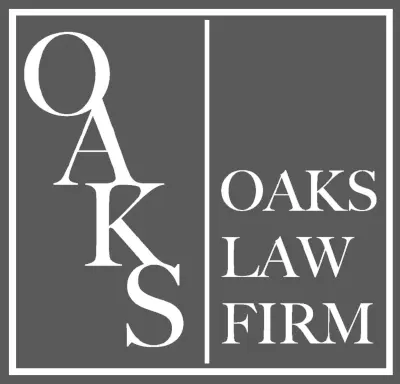Suffering a serious injury can upend your life and pose various challenges for both you and your family. In the event of reaching a settlement with the liable party, the compensation is typically paid out either as a structured settlement or a lump sum payment. A lump sum delivers your entire awarded compensation at once, while structured settlements are distributed over a predetermined period. Irrespective of the payment method, the intention behind your compensation remains constant: to facilitate your recovery and assist your family in moving forward.
Broadly speaking, personal injury awards are not taxable in California, as they are not classified as a form of income. While these funds are generally considered yours to retain, specific scenarios might lead to your settlement becoming subject to taxation.
What Elements of a Personal Injury Settlement Can Be Taxed in California?
A personal injury settlement can encompass both compensatory and punitive damages. Compensatory damages encompass two primary types: general damages and special damages. Compensatory damages are designed to compensate you for losses suffered during the incident. In most cases, these damages are not subject to taxation.
Punitive damages, on the other hand, do not serve a compensatory purpose. Instead, they aim to penalize the liable party for their egregious behavior. Under California state law, these damages are taxable. Furthermore, if you place punitive damages in a high-yield savings account or invest them, any interest accrued can also become taxable. On rare occasions where an award surpasses the actual value of the loss, the excess funds may be subject to taxation. For example, if you received $50,000 for a car you lost in an accident, yet its fair value was only $25,000, you might have to pay taxes on the remaining $25,000.
Federal Taxation on Personal Injury Settlements
Certain scenarios might render a personal injury settlement taxable under federal law. The Internal Revenue Service (IRS) may tax the following elements of a personal injury settlement:
- Lost income: Compensation for lost wages can be taxable under federal law. However, income loss due to physical injury is generally exempt from taxation.
- Emotional distress: If emotional distress arises directly from physical injury, the associated compensation is not taxable. However, if a claim is solely based on emotional distress, the IRS may tax it.
- Previously claimed medical expenses: Any medical expenses related to the accident that were previously claimed on a tax return must be reported to the IRS. In such cases, these additional expenses may become subject to taxation.
Rely on Our California Personal Injury Lawyers to Safeguard Your Settlement
Engaging with a California personal injury lawyer is pivotal when filing a claim. There are instances where seeking advice from other professionals, such as tax experts, is equally important. At Oaks Law Firm, our seasoned attorneys can inform you of the potentially taxable aspects of your settlement and, if necessary, collaborate with tax professionals to ensure the comprehensive protection of your settlement. Reach out to us now at 877-642-5704 or contact us online to schedule a consultation and receive further insights.
